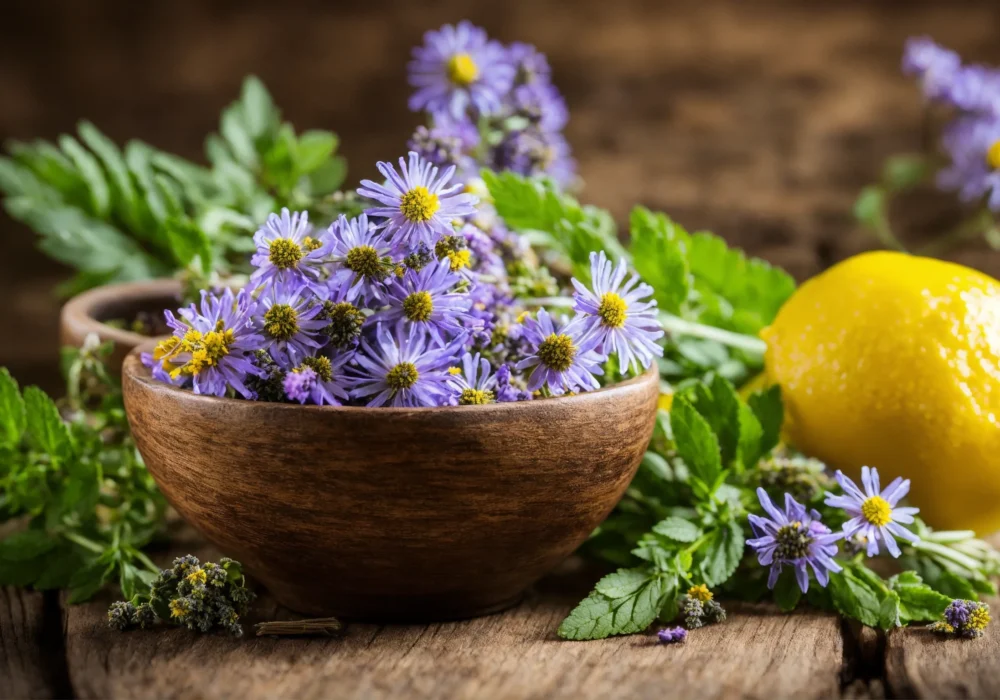Can herbs help with stress and anxiety?

Can herbs help with stress and anxiety? Certain herbs are traditionally believed to have calming and stress-relieving properties, and some scientific studies suggest that they may offer benefits for managing stress and anxiety. However, it’s important to note that while herbs can be a part of a holistic approach to stress management, they are not a substitute for professional medical advice or treatment. If you are experiencing chronic stress or anxiety, it’s essential to consult with a healthcare professional for proper evaluation and guidance.
Here are some herbs that have been traditionally used and studied for their potential stress-relieving properties:
- Lavender (Lavandula angustifolia):
- Lavender is known for its calming aroma. Essential oil from lavender is commonly used in aromatherapy to promote relaxation. Some studies suggest that inhaling lavender oil may help reduce anxiety.
- Chamomile (Matricaria chamomilla):
- Chamomile is often consumed as a tea and is known for its mild sedative effects. It may help promote relaxation and improve sleep. Chamomile tea is a popular choice for winding down in the evening.
- Ashwagandha (Withania somnifera):
- Ashwagandha is an adaptogenic herb that has been used in traditional Ayurvedic medicine. Some studies suggest that ashwagandha may help reduce stress and improve resilience to stressors.
- Passionflower (Passiflora incarnata):
- Passionflower has been traditionally used as a calming herb. It may have mild sedative effects and is often used to support relaxation and sleep.
- Valerian (Valeriana officinalis):
- Valerian is known for its potential calming and sedative effects. It is commonly used as a supplement to promote relaxation and improve sleep.
- Lemon Balm (Melissa officinalis):
- Lemon balm is a member of the mint family and has been traditionally used to reduce stress and anxiety. Some studies suggest that lemon balm may have mild sedative effects.
- Rhodiola (Rhodiola rosea):
- Rhodiola is an adaptogenic herb that has been studied for its potential stress-relieving properties. It may help improve resilience to stress and reduce feelings of fatigue.
- Holy Basil (Ocimum sanctum):
- Holy basil, also known as tulsi, is considered an adaptogen in traditional Ayurvedic medicine. It may help the body cope with stress and has been studied for its potential anxiolytic effects.
It’s important to approach the use of herbs for stress and anxiety with caution. While some studies suggest potential benefits, more research is needed to establish the effectiveness and safety of herbal remedies conclusively. Additionally, individual responses to herbs can vary, and interactions with medications should be considered.
If you are considering using herbs for stress management, it’s advisable to consult with a healthcare professional, such as a doctor or herbalist, who can provide personalized guidance based on your health history and specific needs. Herbal supplements should be used as part of a comprehensive approach to stress management, which may include lifestyle changes, relaxation techniques, and professional support.
Can herbs help with stress and anxiety?
Blog: Tees Herbs Blog
Sponsors: Mixtapepsds, Conspiracyortruth
